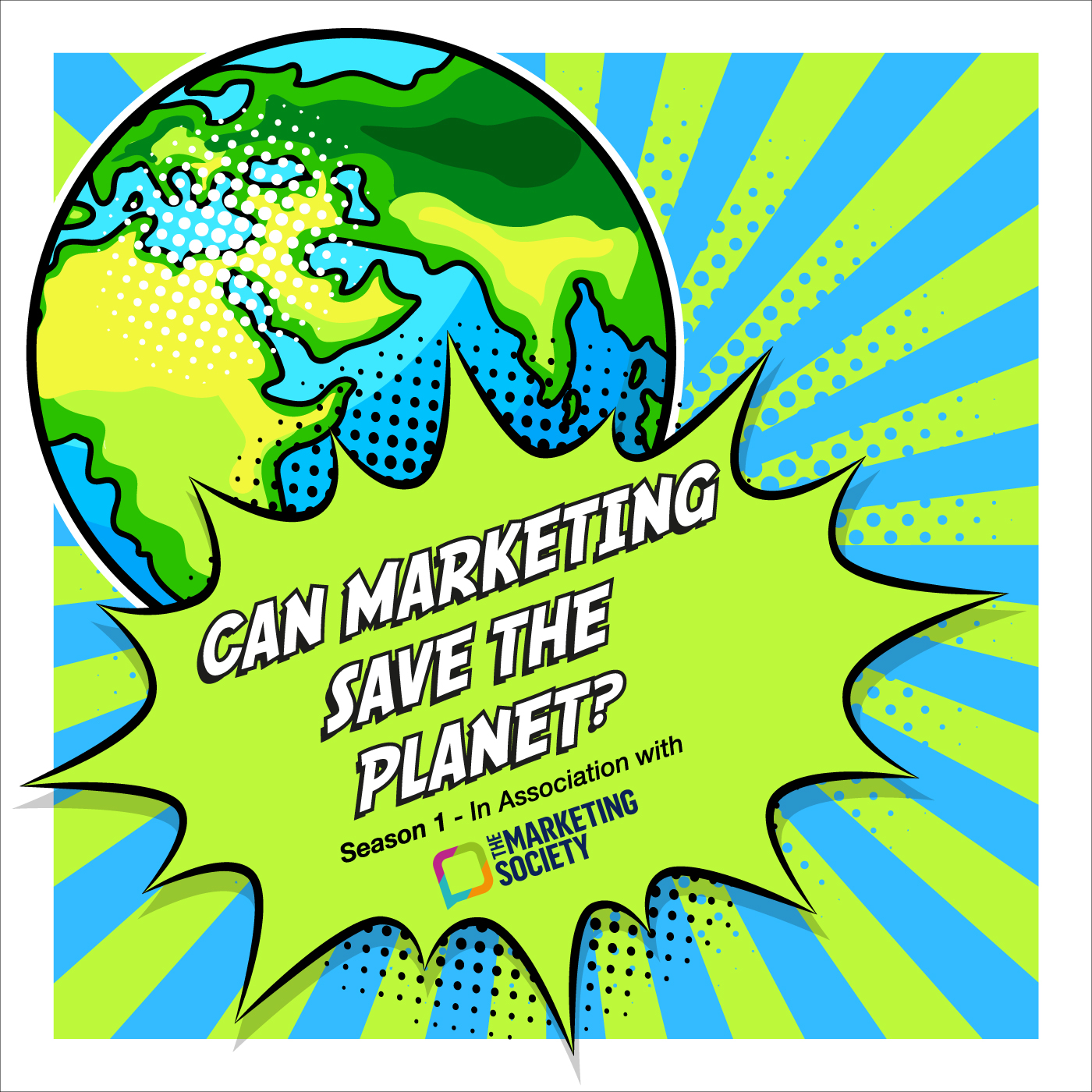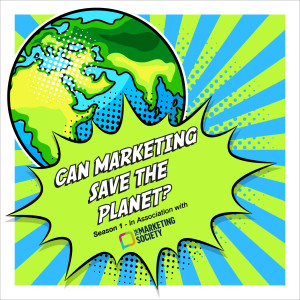In a climate where many organisations are nervously dialling back on their social and environmental commitments, a surprising group is emerging as the new purpose pioneers - B2B brands. In this episode of Can Marketing Save the Planet?, we sit down with Dave Vann, MD of agency, said & done, to unpack their latest revealing research, ‘The Purpose Reckoning,’ which surveyed over 300 businesses.
Our conversation delves into the current situation we are seeing across the business landscape where leaders feel caught between political and economic pressures to stay quiet, and their personal desire to be more outspoken and drive impact. Dave shares a whole host of key findings such as, while organisations overall are pulling back, this trend is heavily influenced by size and exposure to the US market. Larger, US-connected firms are retreating, while smaller UK-focused SMEs are largely "carrying on as before."
A central insight which we dive into is that B2B leaders are notably bullish on purpose, with “87% believing it will be a key differentiator in the future”. We explore why the B2B landscape is uniquely positioned for this, citing factors like emotionally-driven procurement decisions, a lower risk of public backlash compared to B2C, and the need to build resilient, future-proof supply chains.
Dave issues a powerful call to action for marketers, urging them to step up and guide their organisations with both courage and strategic savvy. "We've got to be brave and we've got to be smart. This isn't just about doing the right thing. This is good for business.”
When asked about the future of business, Dave hopes, we're in a place where the baseline has risen and there's just a widespread acceptance that of course business is here for improving the lives of people and the planet that we live in." And, we couldn’t ages more.
Tune in as we talk to Dave about:
-
How, not talking about purpose isn’t universal.
-
Why B2B organisations see purpose as a future differentiator and aligns with the growing humanisation of B2B marketing.
-
Why there's a significant disconnect between corporate action and personal conviction.
-
How many leaders wish their organisations were more vocal, even as external pressures force them to dial back.
-
The need to look beyond compliance. Regulation may set a baseline but true progress requires a "care" mindset which focuses on genuine impact and brand building.
-
The need to find your strategic niche, which aligns with your business, customers, and differentiates you from your competitors.
For more information:
said & done website: https://www.saidanddone.co.uk/
‘The Purpose Reckoning’ research: https://www.saidanddone.co.uk/purpose-reckoning-research
Dave’s LinkedIn profile: https://www.linkedin.com/in/dave-vann/
We also talk about the recent MarketingKind webinar-turned-podcast he sharfed. And so, here’s a link to that:
Enjoy - and if you love the podcast, share with your friends, family and colleagues.
________________________________________________________________________
About us…
We help Marketers save the planet. 🌍
Join the Marketers and organisations who have signed our manifesto, engage with our newsletter and training and, work with us to communicate sustainability more effectively. Sign our Sustainable Marketer Manifesto, and join us on our mission. Get in touch to chat.
You’ll find the Podcast on all the usual pod platforms - and also on The Global Player. If you love it, do share it and spread the word. Talking about climate change and the role we play is one of the most important things we can do. So join the conversation. We’re all in this together.
Our podcasts are recorded purely via online conferencing platforms, we apologise for any minor sound quality issues.


